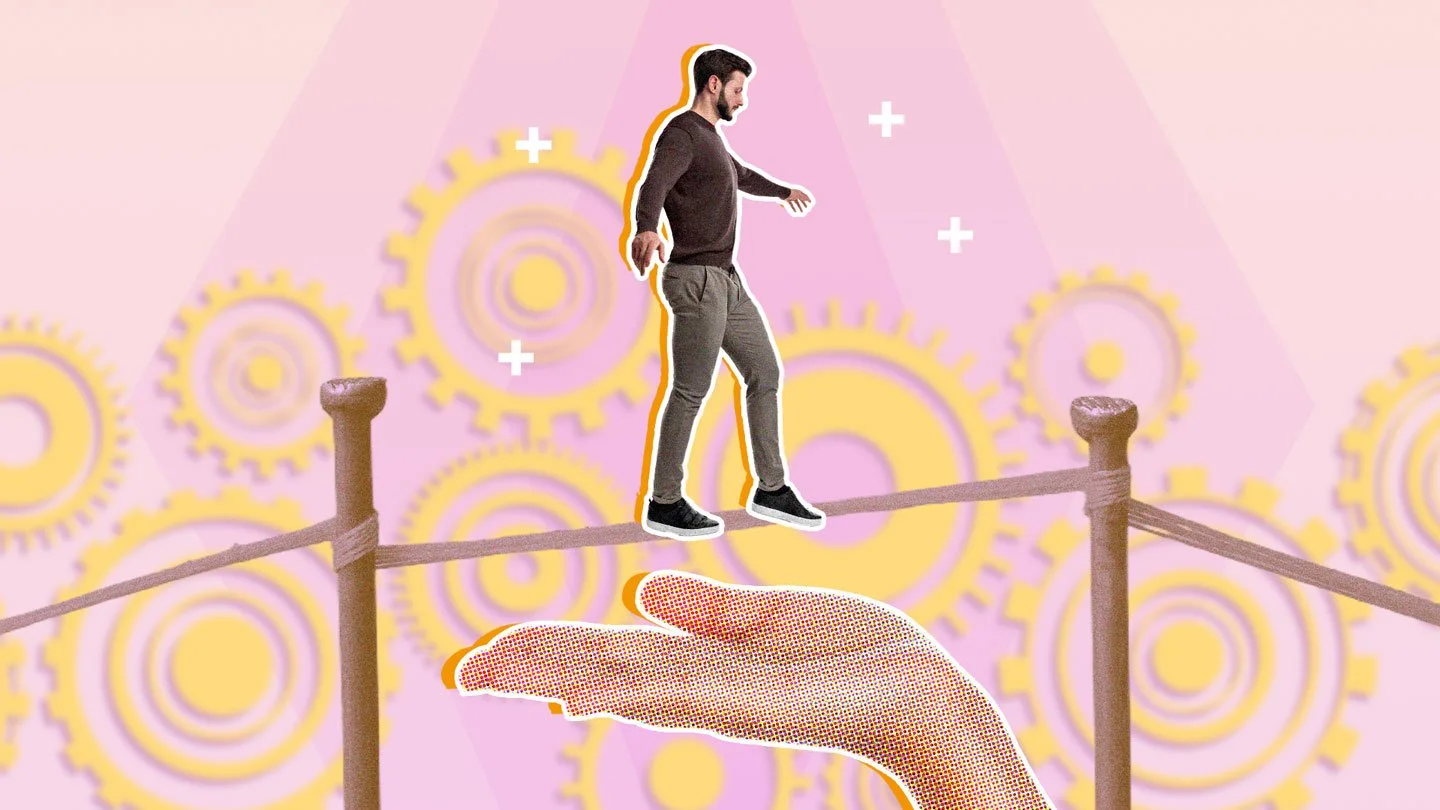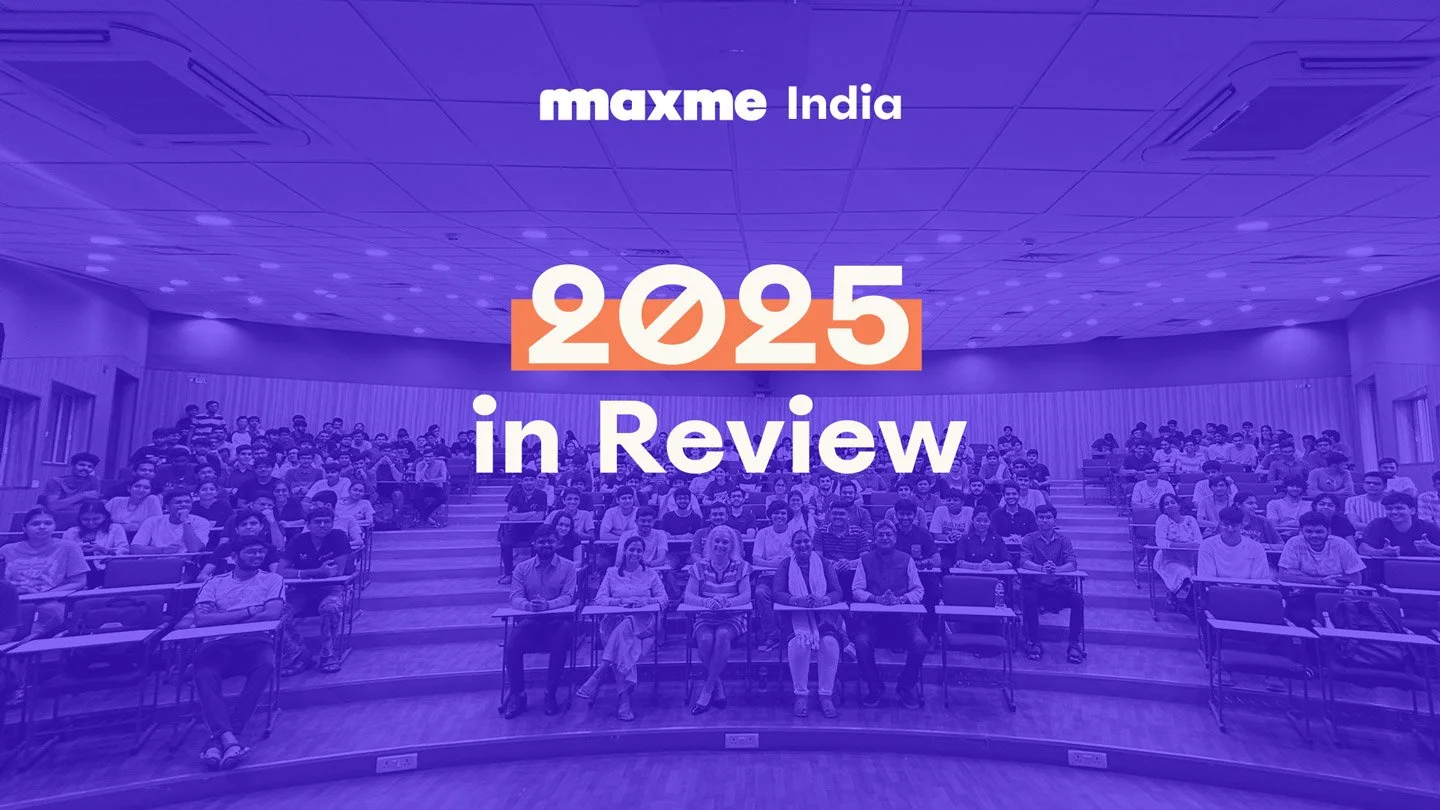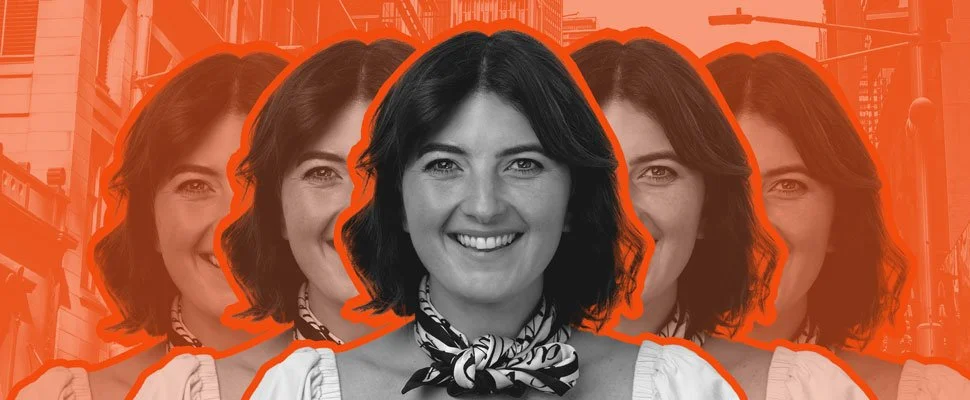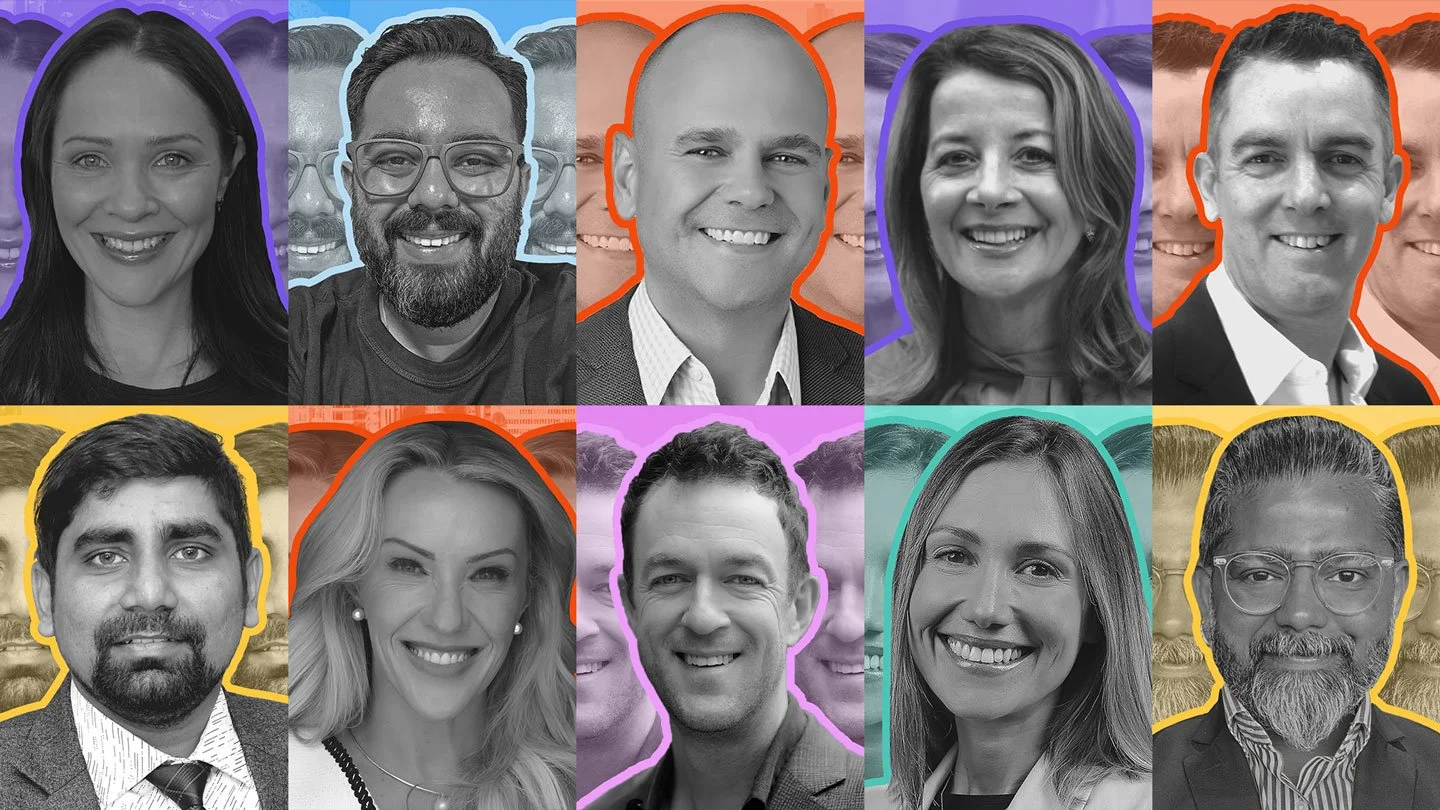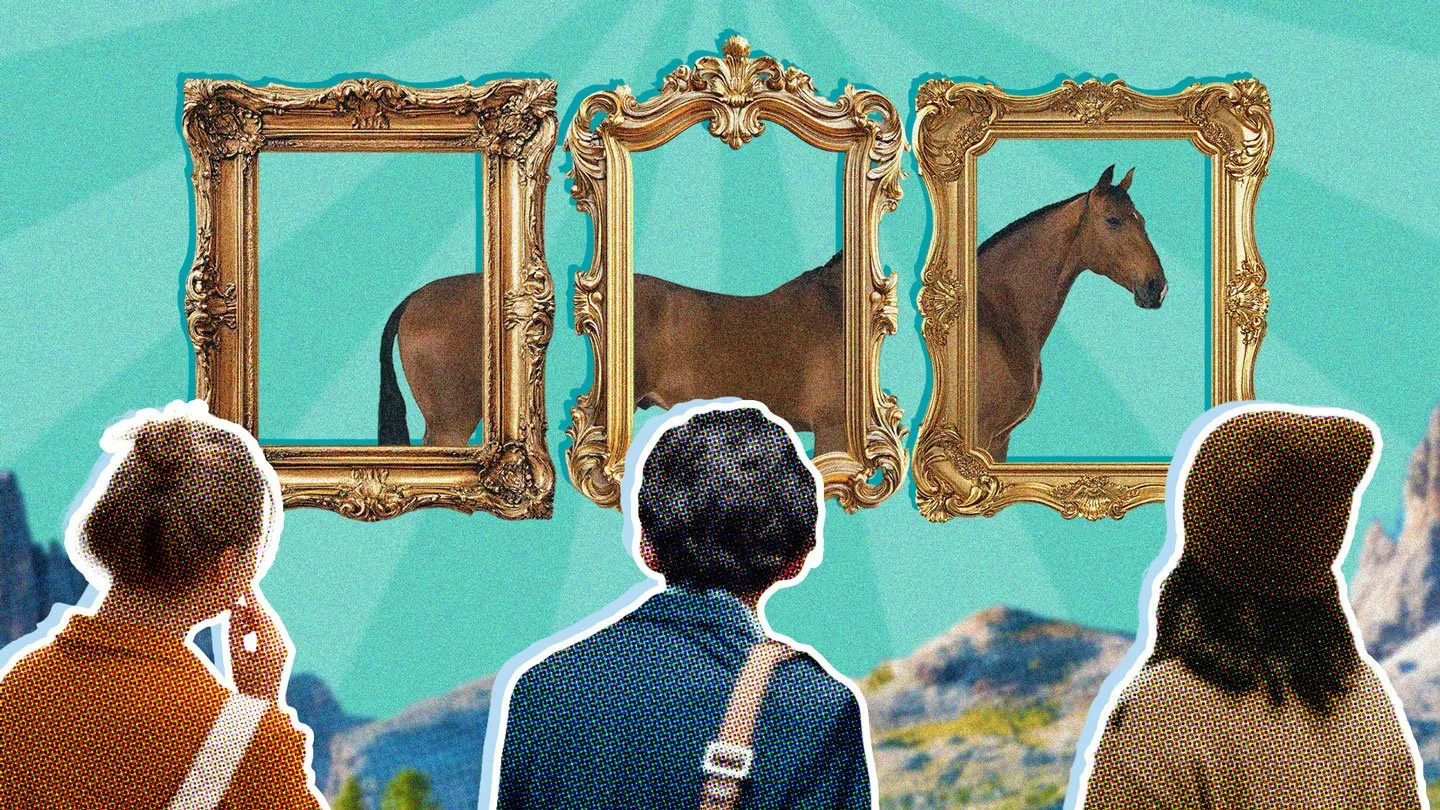Human on the Inside with 2XU's Luke O'Shea
Maxme: We’re big believers in the power of human skills. But don’t just take our word for it - the evidence for excellence powered by human (‘soft’) skills is everywhere! In this engaging, ever-enlightening series, we speak with industry leaders, innovators and game-changers to learn a little about their personal career journeys, and how human-led strategies, philosophies and cultures are proving a force for good in their working worlds …
Welcome Luke, and thanks for stepping into the #SuccessIsHuman Spotlight!
You’re the Chief Marketing Officer at 2XU - Australia’s first international high performance sports brand, founded in 2005. In 1 sentence (ok, we’ll give you 3), what does your role entail?
Luke O’shea: Wowsers, one line hahaha! If I was to look at it in its simplest form, it’s essentially establishing the connection between consumers and our product. There are obviously many different ways this can be achieved, but for us it’s about brand building, community and product strategy, I guess they are the big buckets.
M: Your impressive career as a strategic marketing leader has included stints with leading brands like Icebreaker, Fox Sports and Rapha. How does all this work speak to your personal purpose and what drives you as an individual?
LO: For me, growing up in a small country town in Tasmania called Ridgley (we had 15 people in my year group!), we were always active, playing sports, riding bikes, running to our neighbours house a few miles away, and I sort of took this healthy, active upbringing for granted. It wasn’t until I started working in the sports industry that I noticed it definitely wasn’t the case for everyone. Knowing the positive impact sport and a healthy lifestyle has had on me personally, has always been a driving factor. The social, mental and physical benefits of sport and community are well documented, yet we find ourselves, on a whole, living more and more sedentary lives. I guess this is my personal purpose, to inspire others to change themselves and their community through sport. I think if you are lucky enough to find your personal purpose and connect this with your ‘day job’, then that becomes what drives you.
M: Tell us a little about your personal education pathway/s - what led you to where you are now? How closely do your formal qualifications match your current career?
LO: I studied Law and Commerce at University. I probably knew I didn’t want to be a lawyer, but I found the process of learning, interpretation and application could apply to most things so I got it done. On the business side, I was probably more focused on business systems than marketing, so to end up doing sports marketing is probably a little off track, but in hindsight it makes complete sense given my fascination with sport.
I’m going to show my age here, but when I was at University and studying, social media wasn’t a thing. So, not only from a career development and ‘future proofing’ standpoint, it’s important to continually educate yourself - to remain at pace, I’ve certainly had to. I feel it’s important to keep the brain challenged and engaged. You don’t need to be an expert in everything, but having a working knowledge is a great start. I try to find a course every year that will open up new thinking and new approaches for me. The ability to look at things differently is vitally given the ever changing world we live in!
M: If you could share one piece of career advice to your 21 year old self it would be ...
LO: Travel more! Hahaha, I was lucky enough to travel straight out of University for a good while, and while it might be deemed a bit of a pre-career crisis for many, I would say it really opens your eyes to ambition and what is possible. It allows you to dream a little and puts you out of your comfort zone. I think the majority of people limit themselves too much, we get comfortable and just sort of fall into life sometimes, and while we don’t all need to be changing the course of countries or the world, we have the ability to create impact beyond our immediate environment and shouldn’t sell ourselves short. I think this advice to dream big would be what I would say, it’s good to have big dreams. Scary, but good.
M: Maximising the potential of individuals, communities and businesses through the power of human skills is the reason Maxme exists. Can you tell us a little about the role and / or value of human skills in your workplace right now?
LO: Contrary to popular belief, we humans can’t do everything ourselves and we don’t have all the answers. We need other people and teams to accomplish big goals. I think the last 18 months has made human skills even more important in all types of workplaces, even those that were probably more traditionally corporate in culture - the ability to communicate across different platforms, to be resilient and take ownership in a world full of uncertainty and ambiguity is vital.
These were probably labelled as ‘soft skills’ more traditionally, but I feel they are becoming more and more vital to have alongside the traditional hard skills. Case in point I studied law but work in marketing!
For us at 2XU, we run a very lean operation, at times we find us having to step beyond what our normal role would entail, and working across cross functional teams, the ability to get things done effectively relies on pure human skills - being able to cross collaborate, have an understanding of other people, their way of operating etc. They didn’t teach that when I was at University, but I sure wish they did!
M: Self Awareness sets the critical foundation for all Maxme learning experiences. With that said … what’s your strongest trait / personal super power?
LO: I think it’s probably creativity. Also looking back, probably another reason the whole legal career path didn’t work out. But yeah, being creative, and when I say creative, not just within a visual standpoint but being able to bring creativity to business problem solving, to the way we work as a team, to the way we think about processes. Looking at things from a wider lens and focusing it back in, that’s what I mean by creativity.
M: And on the flip side, what’s one human / ‘soft’ skill you’ve had to really work on improving over the course of your career?
LO: I love this question. I, like many people, used to probably hate being asked this in interviews but I actually embrace it when asked now as it means your self awareness is next level. Being able to identify areas you are weak in also excites me - it’s a skill you can work on. So if I think back, I think it’s communication. I’m an introvert by nature and found early on that when communicating I was very unsure and now my role inherently requires me to be an extrovert at times so communication, in any form - speaking, presenting, visually etc. is vitally important. Really having a true sense of the message you’re trying to convey and doing so, understanding your audience and what they require (it’s funny how Board members don’t like five minute marketing videos!?). I know this all comes with experience, but it also comes with an understanding that even with experience, people will question things, people will miss the message, we just have to adapt that message as we go, being able to communicate it through different lenses, different mediums is key.
M: If you could share one piece of career advice with recent Uni graduates or candidates keen to work at a company like 2XU, what would it be?
LO: Come with ambition. Nothing excites me more than people that think big. You can always bring that thinking back a few notches, but it’s really hard to dial it up if you start with a narrow viewpoint. Come with ideas, be a contributor, I guess what I’m saying is don’t pigeonhole yourself into one area. Know you can contribute beyond what your qualifications or job history say. Ok, that’s probably more than one piece of advice!
M: You’ve been granted approval to add one University graduate to your team, but have 100 applicants, all with outstanding academic results. How do you find your perfect candidate - what are you looking for?
LO: It’s probably a bit of the previous answer, but outside of this I’m looking for someone that is going to bring something extra to the team - both from a culture fit standpoint, but also from an extracurricular sense. I look at what the individual’s other activities or interests are. Have they volunteered anywhere, are they a coffee connoisseur and can take the team on a walking tour of the best coffee spots in Melbourne? Ok that last one might be a little specific. But essentially having these broader interests means they’re going to bring a wider view to the team and challenge our thinking and approach. As I said, we run a very lean team so you find yourself working on numerous projects; from broader strategy to specific market execution.
M: In the words of John Dewey, “education is not preparation for life, education is life itself.” What’s next on your #learning agenda?
LO: Yep, you never stop learning! I am constantly finding bookmarks or interesting articles and on weekends I definitely venture down a few different learning holes and wonder, ‘How did I get here?’! Obviously I love absorbing all things marketing and brand strategy. I find it fascinating looking at campaigns and thinking, ‘Ok, what are they really trying to communicate,’ or ‘What is the broader strategy and how does this fit in?”, sort of like mini case studies. I’m a classic over-thinker, but that’s a topic for another day. I’m currently looking at courses in sustainable economy and business development, which I guess you could say is preparing myself as we all know that it’s vital for brands and people to have an understanding of this to not only survive, but create meaningful impacts beyond profits.


